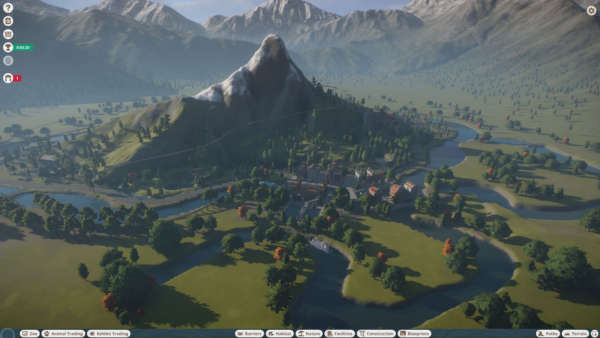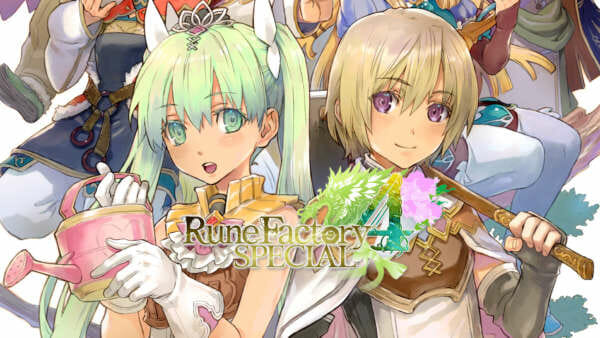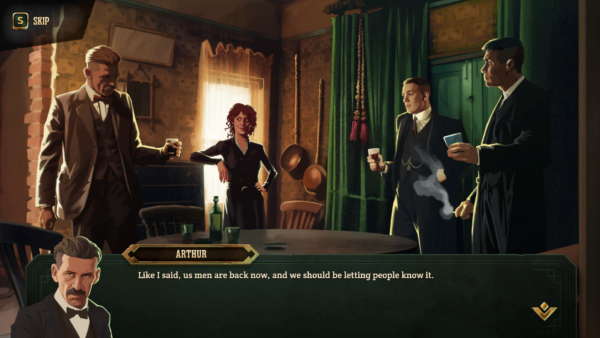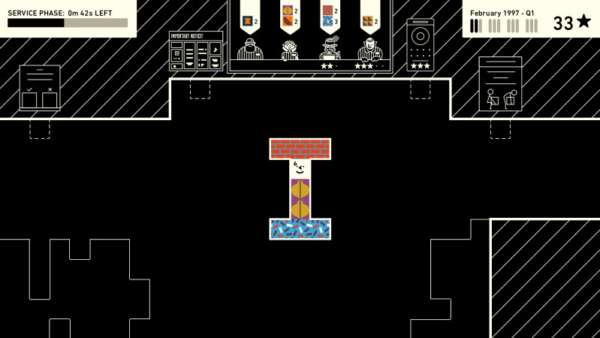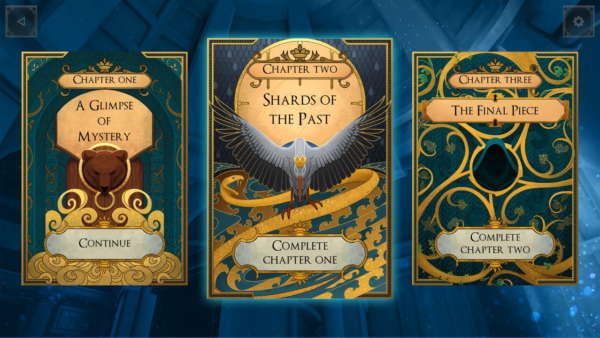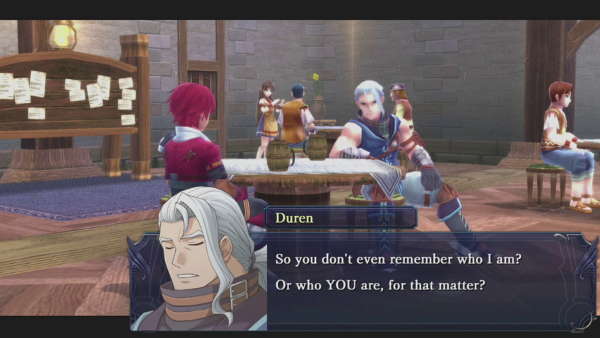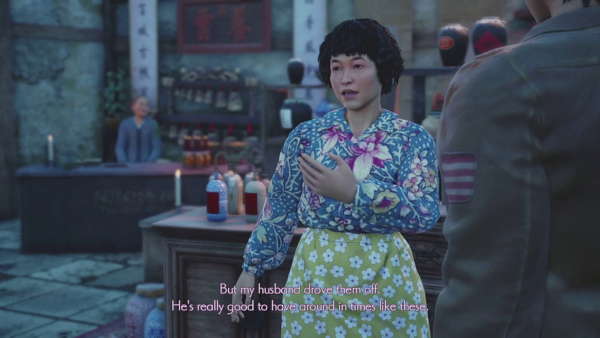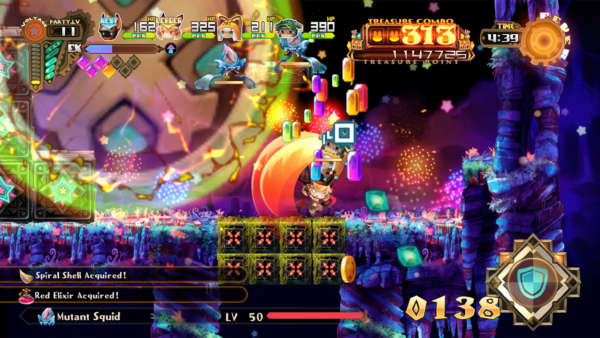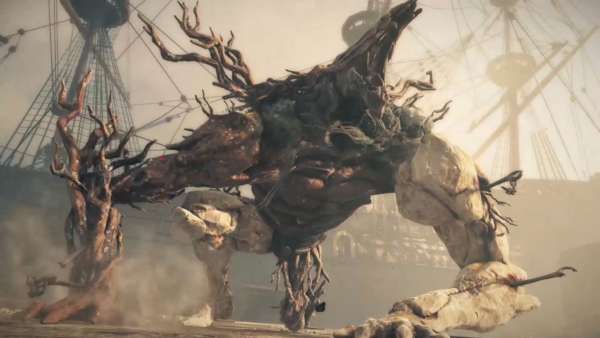| Skyward Collapse |
| Players 8 |
| Turn-Based Strategy |
| Windows | Mac |
Skyward Collapse isn’t like many strategy games that immediately spring to mind. Instead of taking one group and dominating the world, Skyward Collapse asks you to take two factions and play them off one another. Akin to playing chess against yourself, Skyward Collapse doesn’t ask for you to reign fire and brimstone but create a balance between the two. Keeping both civilizations alive is key to victory, even in the face of vast armies, mythical beings and randomised events.
The only way to win is for both sides to still be alive by the age of Gods, as well as meeting an additional score requirement. Sounds easy enough until you realize that the only way to up your score is by having the two sides constantly kill each other. Destroying armies, cities and Gods all up the counter, but making it so one side never out-does the other is the mark of a master.
The game is primarily played in three stages per turn; one phase for each culture and one for the AI to act. During the AI turn it plays out from what you have given them, be it producing an army and marching them towards the opposing groups village, or defending themselves from a bandit attack. It becomes a series of checks and balances, hoping to create two well-oiled machines of death and destruction.
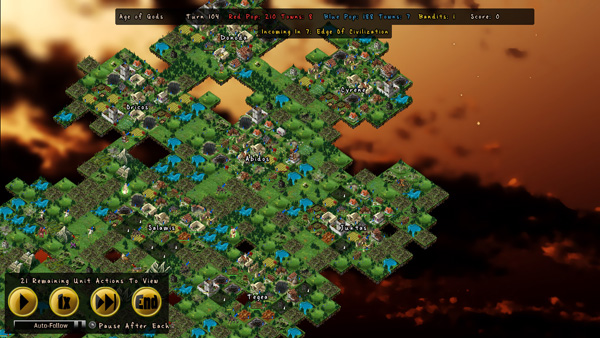
Maps Continuously Evolve As Games Go On
It is all too easy to have one side produce too many units or waste attacking the local pig-farmer instead of the chariot bearing down on him. This comes from a system that rarely has you take control, but instead nudge them in the direction you want them to do. It is like whispering into the ear of two RTS players who are very liable to ignore your advice.
Erecting buildings and gathering supplies may be up to you, but the AI decides when to use it and it can be a frustrating experience. Laying down some mines to produce more ranged units may be what your Greek army needs to break a siege in their capital, but they are just as likely to create two swordsmen who promptly fling themselves into the welcoming embrace of a Minotaur. The Tutorial treats this as human-like behaviour but when it happens it seems like pure stupidity. Early stages are also bogged down by the over-abundance of resource types. Not only are there over a dozen raw resources, but these must be refined into another 14 resource types. The sheer number of resource types makes it hard to strategize at times and mires the early game.
Thankfully being at the mercy of the computers benevolence isn’t the only option, with a series of Godly powers readily available. Small actions like placing a mountain range in front of an army may give a city enough time to create enough additional forces to defend themselves as they march around it. This can quickly add up to a butterfly effect with minor actions snowballing later on. Even though they aren’t powerful enough to give the feeling of true God-hood, they almost always make a perceivable difference in some form. Carefully adding up and predicting the consequences of your actions is one of Skyward Collapse’s biggest challenges, and it is extremely satisfying to execute masterful plans that sacrifice entire towns and armies to your score.
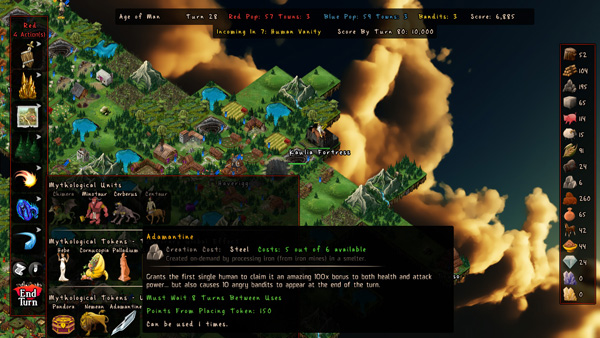
A Badly Placed Special Unit Can Ruin A Well Planned Strategy, But It Is Fun To See Them Cause Havoc
Each faction comes with their own array of creatures, items and abilities. Cast from the game’s most valuable resources, they are usually used as a last ditch attempt to keep one side alive. The Norse have the mighty Frost Giants and Valkyries which the Greeks can counter with Minotaurs and Pandora’s Box. These come at great costs, even going as far as lowering your overall score, and instantly change an entire game for good or bad.
Natural disasters, called woes, sporadically appear to shift the balance in power, as well as Gods and Lesser Gods that fall from the heavens between every “age”. They never truly act unless a large amount of resources are sacrificed, but when they do it impacts the world in a major way. Bandits also appear as a third faction, dropping unit producing buildings every so often. These additions change the face of the world and it is nearly impossible to plan for them as they are chosen from a randomised list of possibilities. It keeps every matches fresh and challenging and leads to deeper understanding of the game’s mechanics over time.
The system works well as a whole and by the end of an match an emergent a narrative of death and destruction has unfolded. The biggest downside to this however is that as the game goes on, the number of AI controlled pieces stacks up leaving the end of turn play-by-play a long and boring affair even though it is core to understanding the direction a match is taking.
The world in Skyward Collapse is very similar to the isometric action of the Final Fantasy Tactics series and serves well as random tiles fall from the sky to fill out the map. It begins looking rough around the edges however when units begin to pop-up. Unanimated, they sit upon the world and seem bland and life-less. While not a huge issue, it does seem like a lost opportunity to inject the game with charm which the UI and brief intro comic are obviously aiming for. The lack of movement is one of the main reasons the AI turn is so grating, with little movement to make seeing an archer be murdered engaging for the fifty-fifth time.
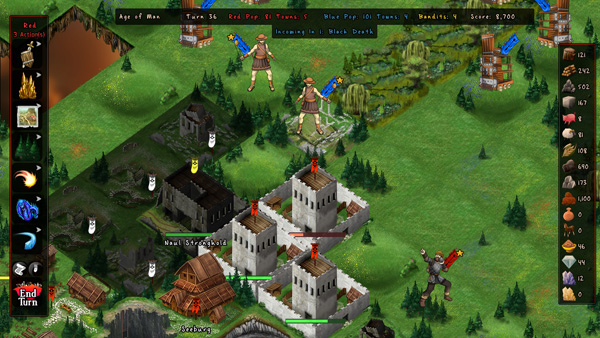
The Visuals Fail To Pack Any Punch But Serve The Games Fell Well
Background music is pleasant and unobtrusive, with simple acoustic guitars and piano to zone out to. Sound effects fill out the rest of the audio relatively well with a few hit and miss moments. The Smite abilities thunder clap being a particular stand-out while unit attacks and deaths lack impact.
Skyward Collapse is rather deep, but at times can become a little boring if played on lower difficulties. With a longer time between balance smashing events it become a slow tedium as the AI goes through the motions. The medium difficulty is the best route to take as it gives the smoothest difficulty curve while giving room for experimentation in new tactics, which is one of the game’s greatest strengths.
While no single mechanic is particularly deep, they blend together to create a game that can be played any number of ways. Skyward Collapse allows a great amount of variation in strategy in how to win and solve problems. As time progresses all of the game’s possibilities open up allowing any number of routes to fix a single problem, all with their own pitfalls. On higher difficulties all of these will be needed to win and are equally satisfying to master.
Skyward Collapse comes with a few annoying niggles. Lack of animation, sometimes boring or slow pacing and too many resource types bog down what is otherwise a very enjoyable experience. The unique idea of playing two factions in a constant war is well explored here and well worth the low price. If you are looking for a deep, interesting and unique strategy experience, Skyward Collapse does a fine job with relatively little.
+ | Interesting, Well Explored Premise | – | Too Many Resource Types |
+ | Mythical Creatures and Items Are Fun To Use | – | AI Can Be Inept And Infuriating |
+ | Depth of Strategy With Room To Experiment | – | Watching The AI Take Its Turn Can Be Boring |
|
| – | Lack of Animations |
| Skyward Collapse : 75% Uncovered |
